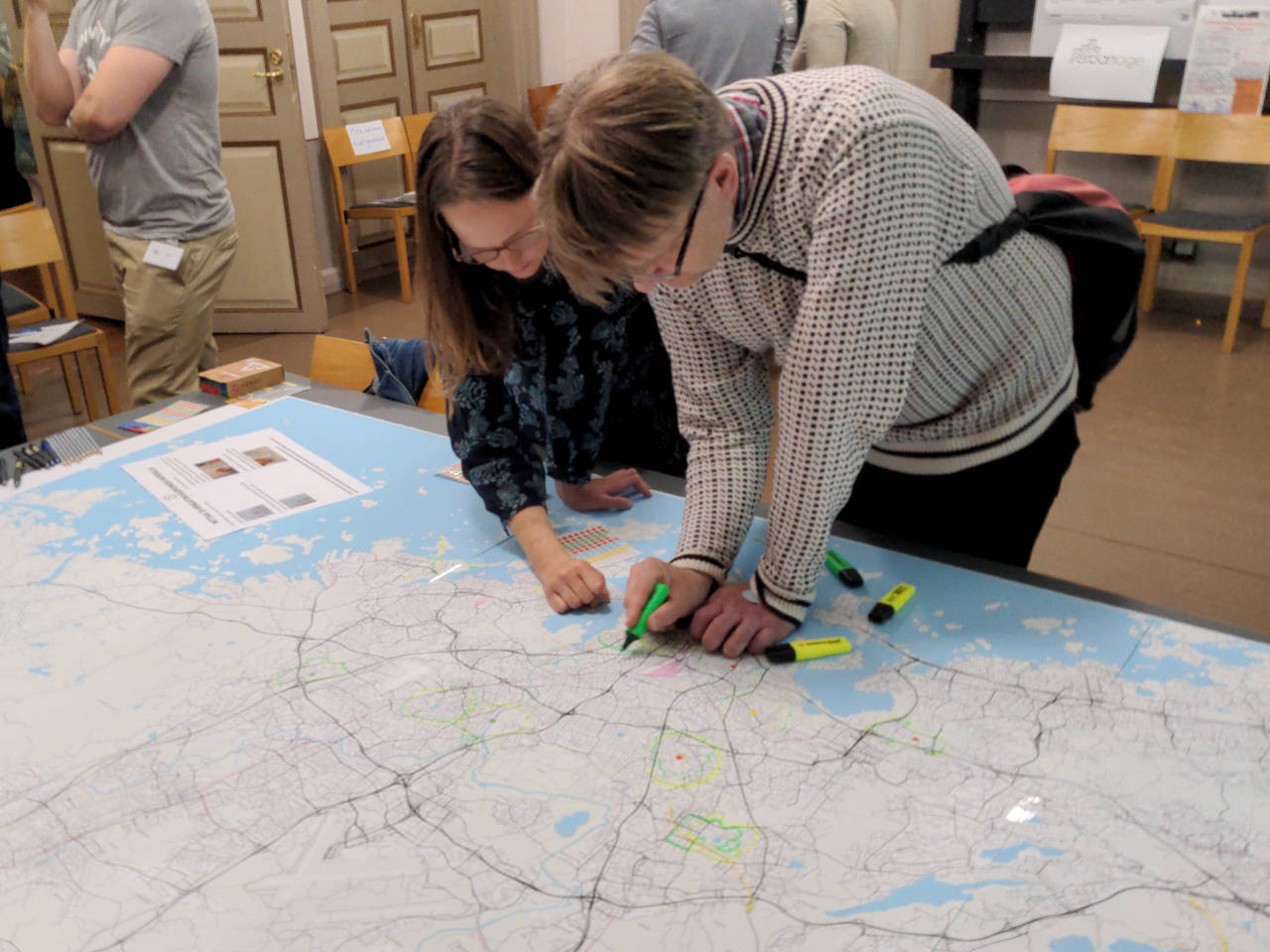Capturing segregation through space and time: New insights from the activity space approach and big data
Lectio Praecursoria in the public examination of Kerli Müürisepp’s doctoral dissertation on 25 November 2023
 Photo by Christoph Fink
Photo by Christoph Fink
The city of the twenty-first century is a site of diversity, connection, and opportunity.
Cities have never been as diverse as today in ethnic, socio-economic and demographic terms, nor with regard to attitudes, lifestyles and activities.
Much of that diversity is the outcome of the increasing mobility and migration of people, both within and across countries. The United Nations has estimated that over 280 million people live outside of their home country – this is more than half of the population of the European Union.
In Finland, the share of foreign-background people is still rather modest compared to its neighbours – Estonia and Sweden – and compared to many other European countries. Yet, roughly half of Finland’s foreign population live in the Helsinki region and the share is in rise. Undoubtedly, the Helsinki Metropolitan Area, has become a site of diversity.
Often, people move to cities with the hope for attaining better education, advancing in their career, and improving their quality of life. And they rightly do so – social diversity creates the values and the benefits of the contemporary city. By bringing different groups together and fostering connections between them, the socially diverse city ought to reduce prejudice and foster social cohesion; promote creativity, innovation, and economic performance. The socially diverse city ought to ensure social mobility – that is, provide equal opportunities to advance in life for all of us, regardless of our backgrounds.
What an ideal city it is.
But, the reality is far more complicated – the city is far from being ideal, is far from providing equal opportunities for all.

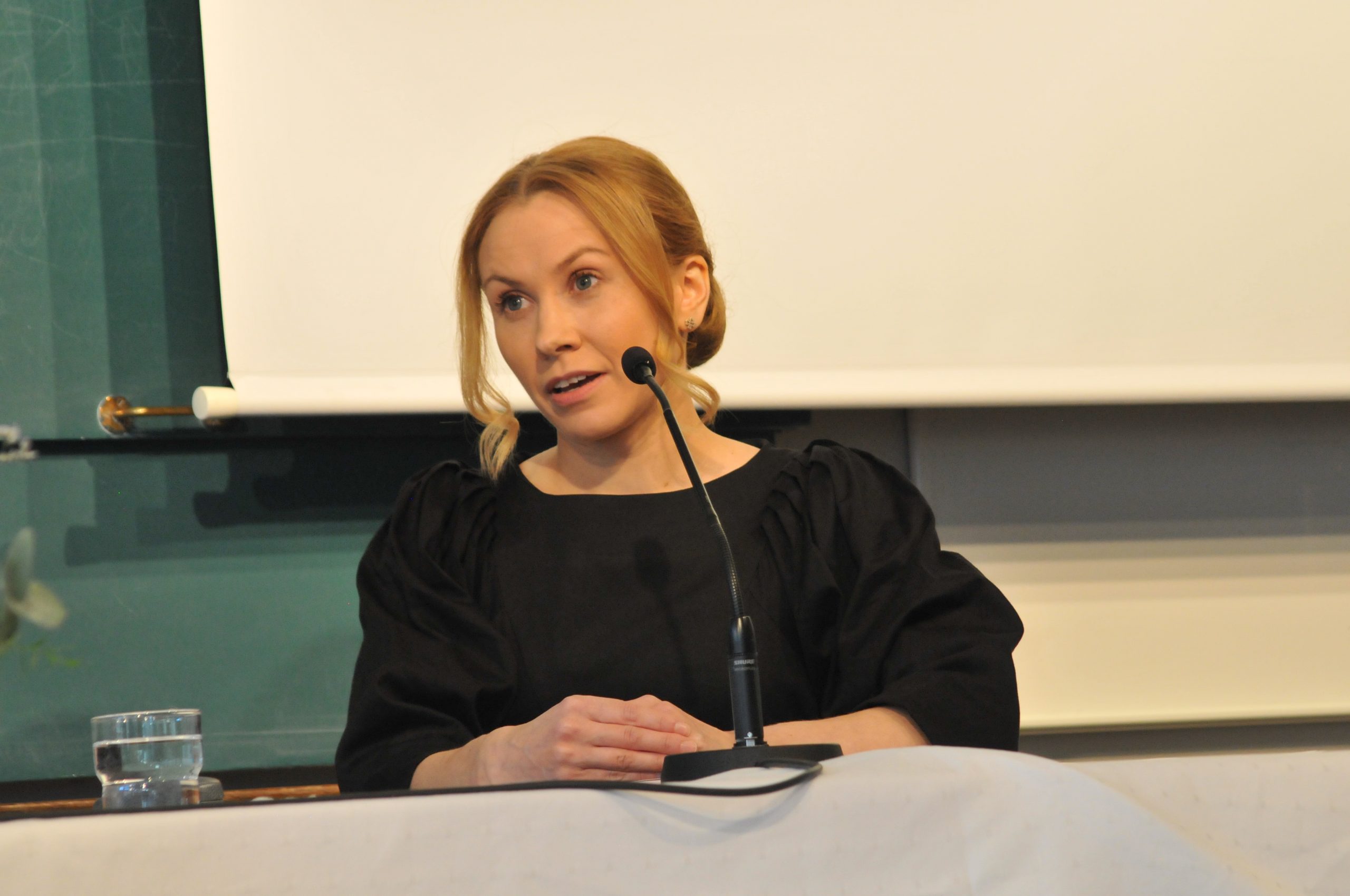
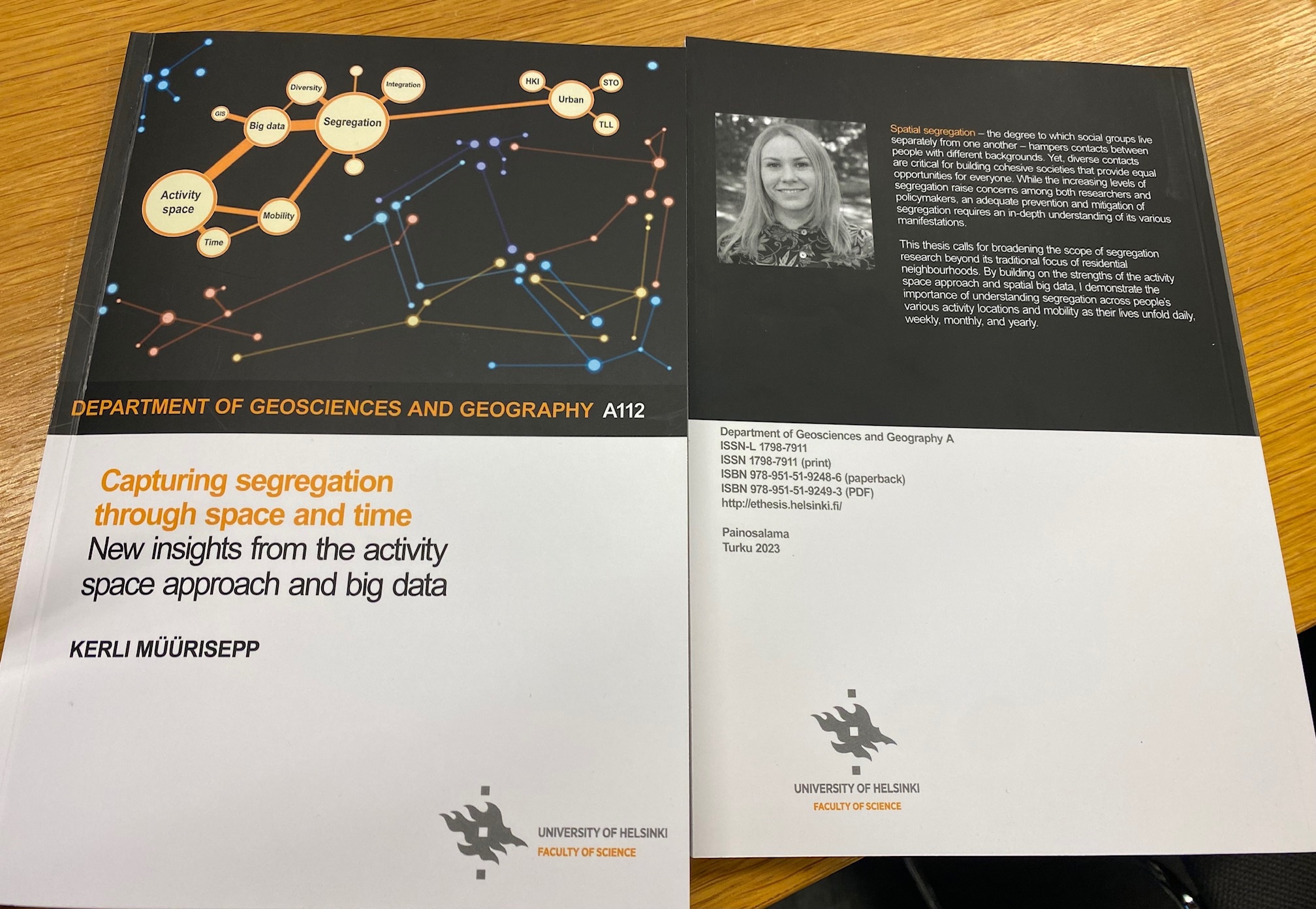
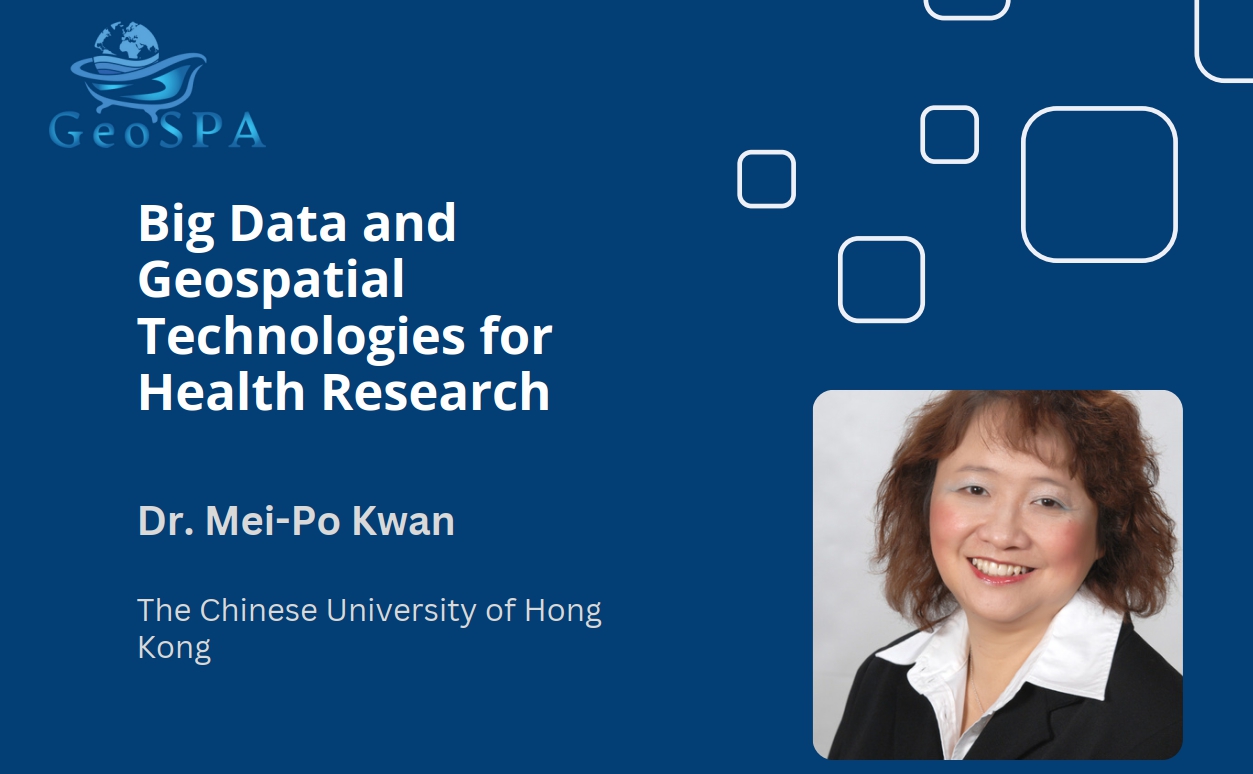
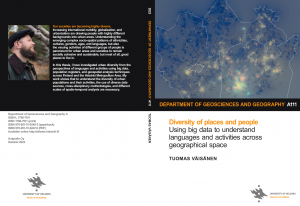
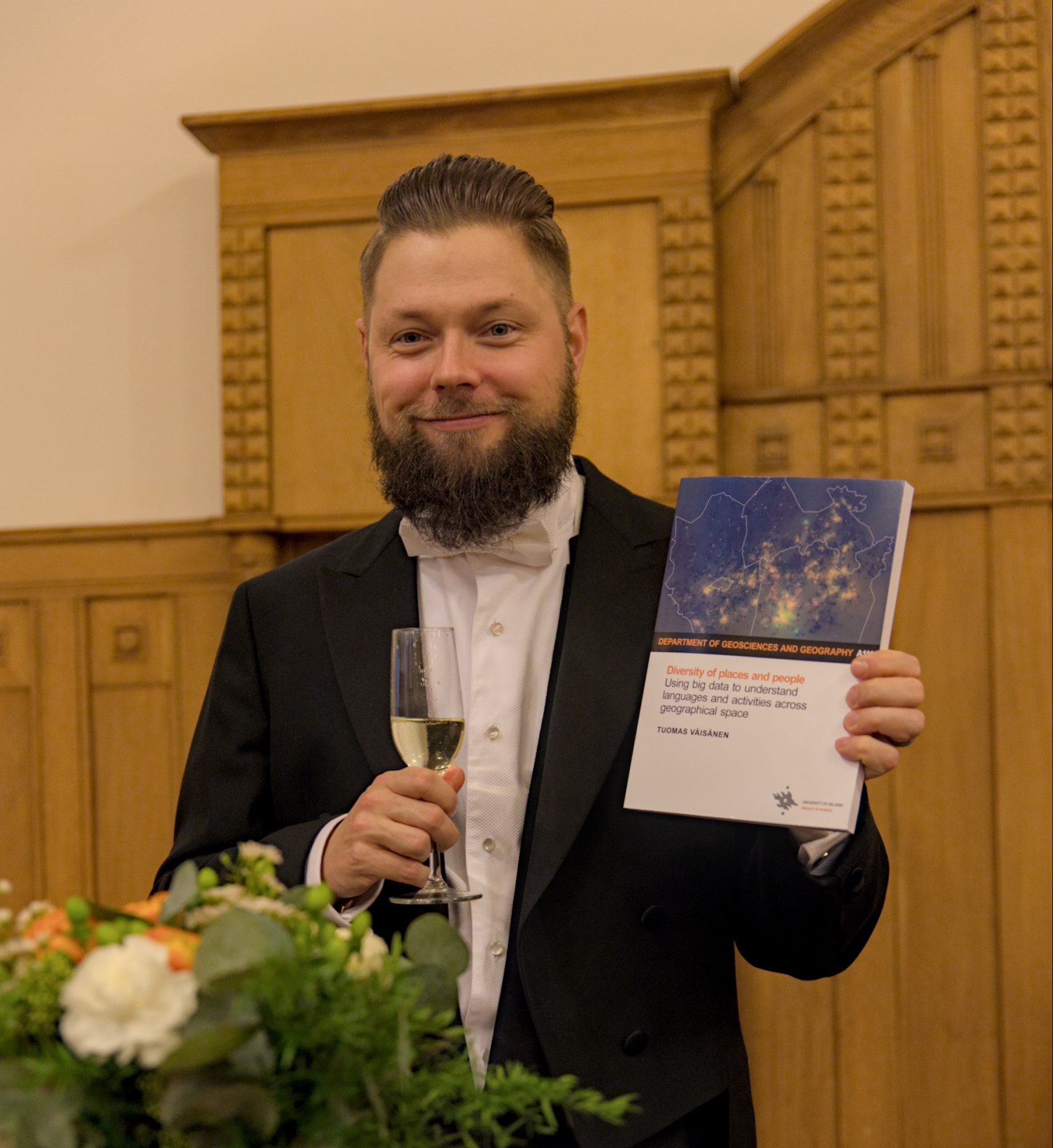
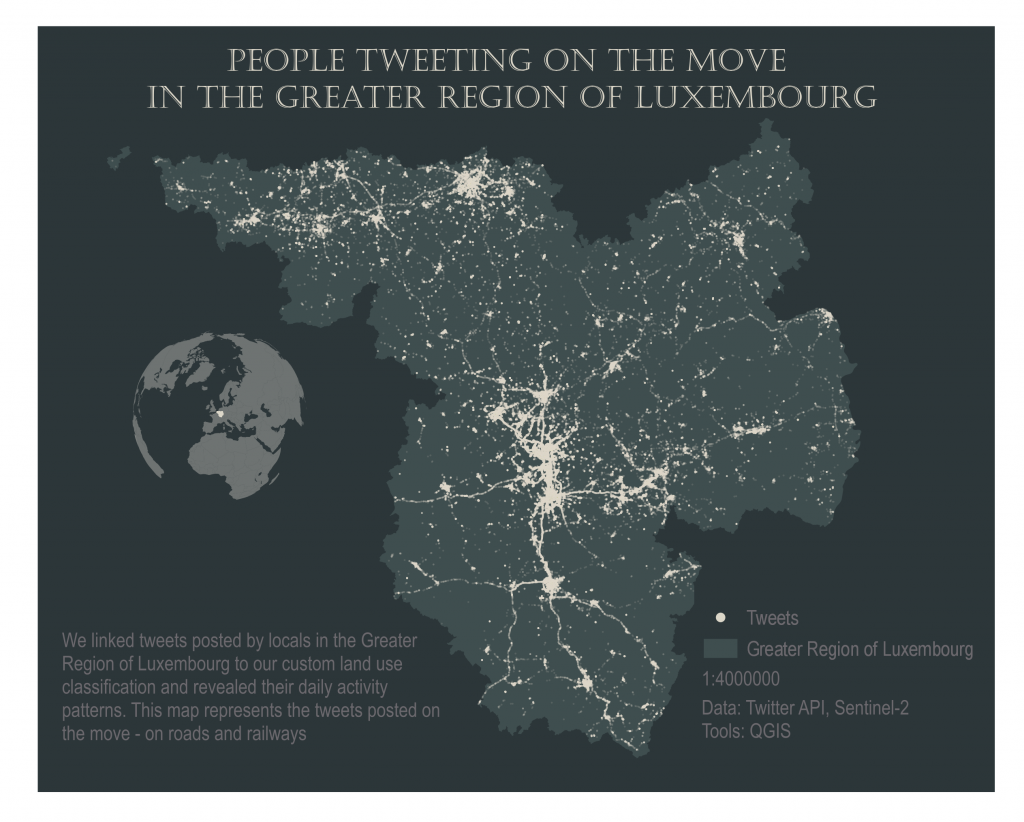
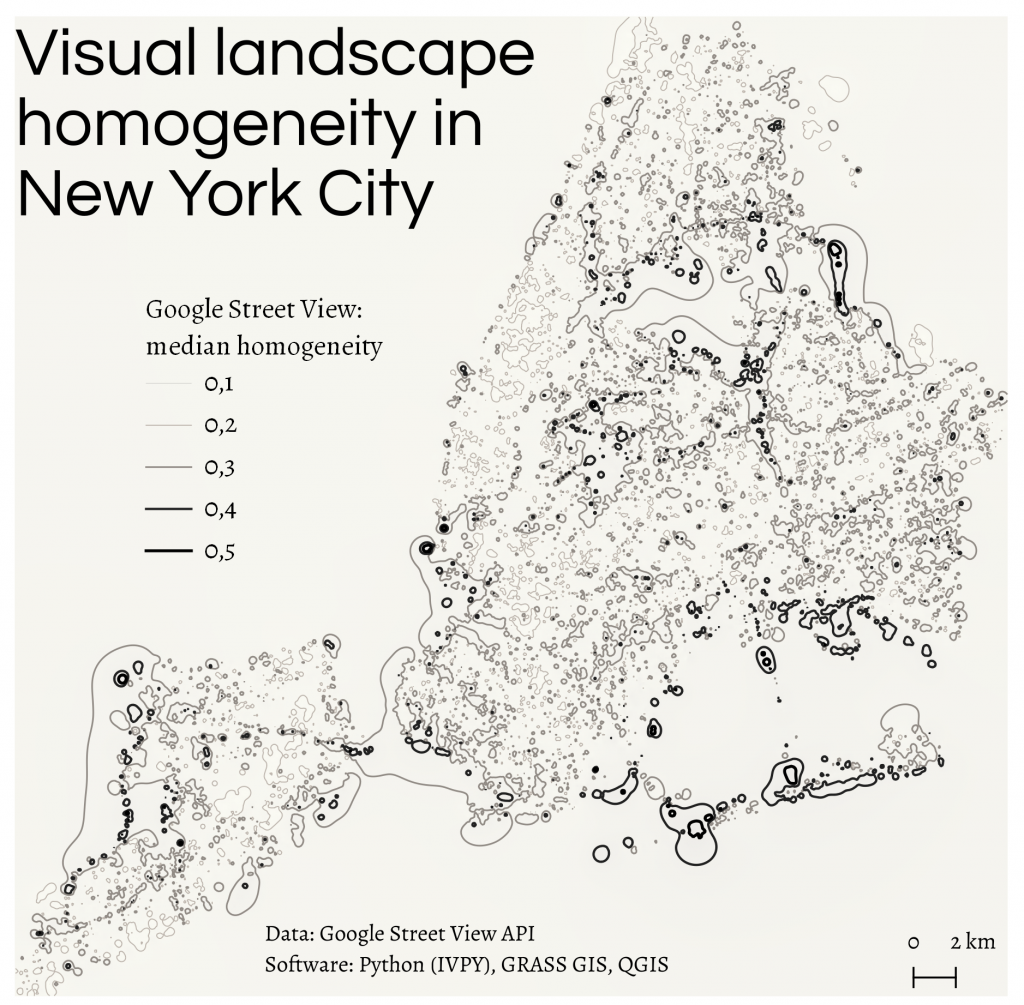
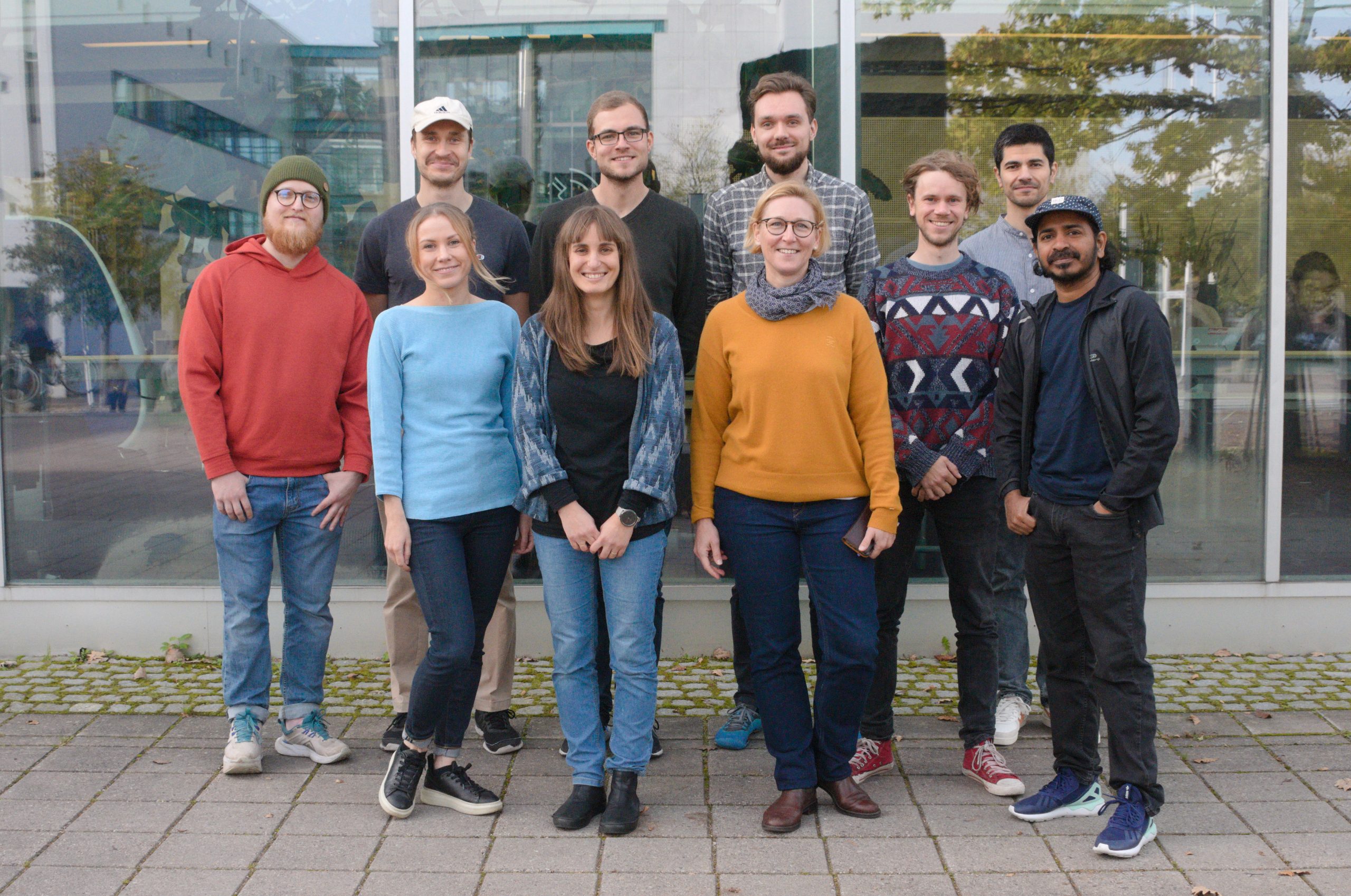 The GREENTRAVEL project team. Photo by Christoph Fink.
The GREENTRAVEL project team. Photo by Christoph Fink.